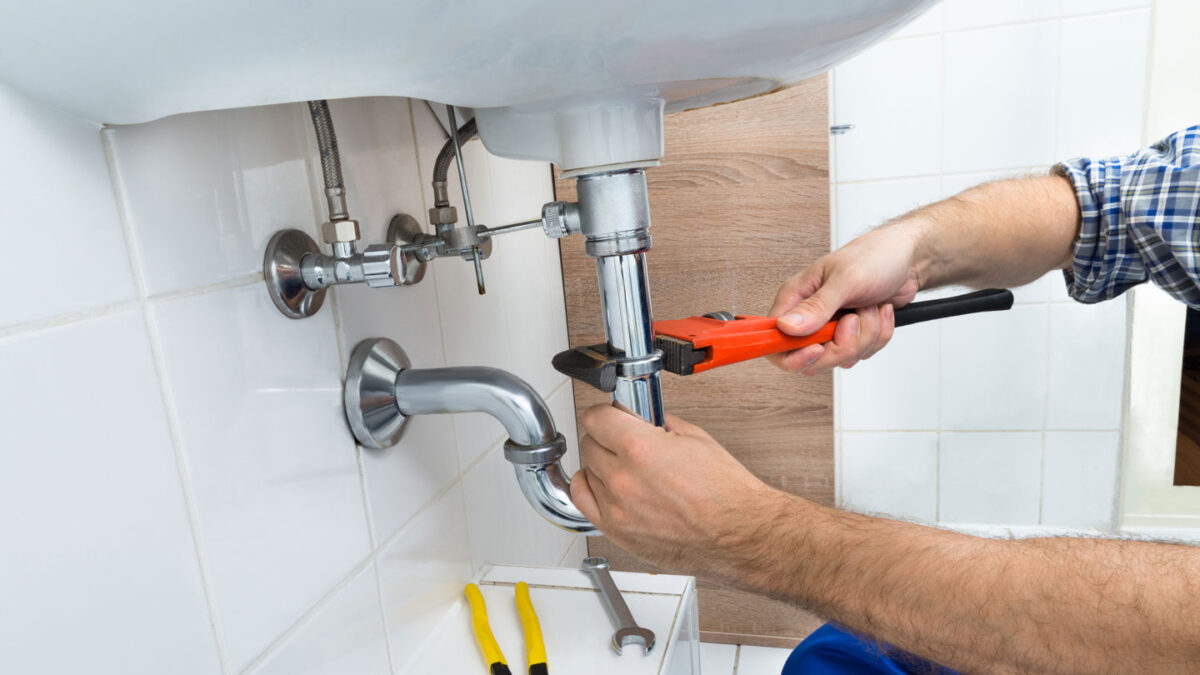Are you managing a low tide pressure, leaking faucet, or clogged pipeline? You’re possibly attracted to call an expert plumbing technician, as well as with great factor. Property owners typically do not have the necessary abilities for DIY pipes work. They can make matters worse ultimately, triggering hundreds of dollars in the property as well as individual damages. Yet do not place your plumbing technician on rate dial just yet! Below are few basic pipes keys every homeowner ought to understand. Perhaps one of these could conserve you a pricey visit from your local specialist.
If you need help from a reputed plumber, please click on the link to visit today.
- Know the Place of Shut-Off Valves
Before relocating into a new home, keep in mind the area of the main shut-off valve, as well as the drainpipe, in many cases, the shut-off will be located outside your house. You ought to get familiarized with sewage system line access points, in case you require to conduct regular cleaning. Note that homes, as well as condominiums, may not have their own specialized shut-off shutoffs.
- Don’t Slit Pipeline
Are you planning to drill holes or pound nails into your floors, wall surfaces, or ceiling? First, figure out if there are any supply or water drainage pipelines behind your work area since you don’t wish to unintentionally penetrate them. You may have the ability to situate pipelines behind walls with an inexpensive stud finder. Conversely, you could buy an endoscopic cam, which can be snaked into the walls.
- Discover What’s Flushable
Homeowners shouldn’t use their toilet as a trash can, considering that purging anything other than bathroom tissue causes awful blockages. Also “flushable” child wipes can support the system!
- Do Not Place Garbage Down the Tubes
Never unload coffee grounds, bacon grease, food debris, starchy foods, or vegetable peelings, like potatoes or rice down the kitchen drainpipe; they will likely clog your pipes. It’s also wise to check out the maker’s manual for your garbage disposal to know what, the system can handle.
- Start
Purchase a high-grade plunger to clear clogs in sinks, commodes, as well as drains. If you’re planning to clean sink traps, use a plunger to push most of the water out prior to eliminating the trap. The task will be less damp as well as untidy.
For more information on the website, please follow the link.

